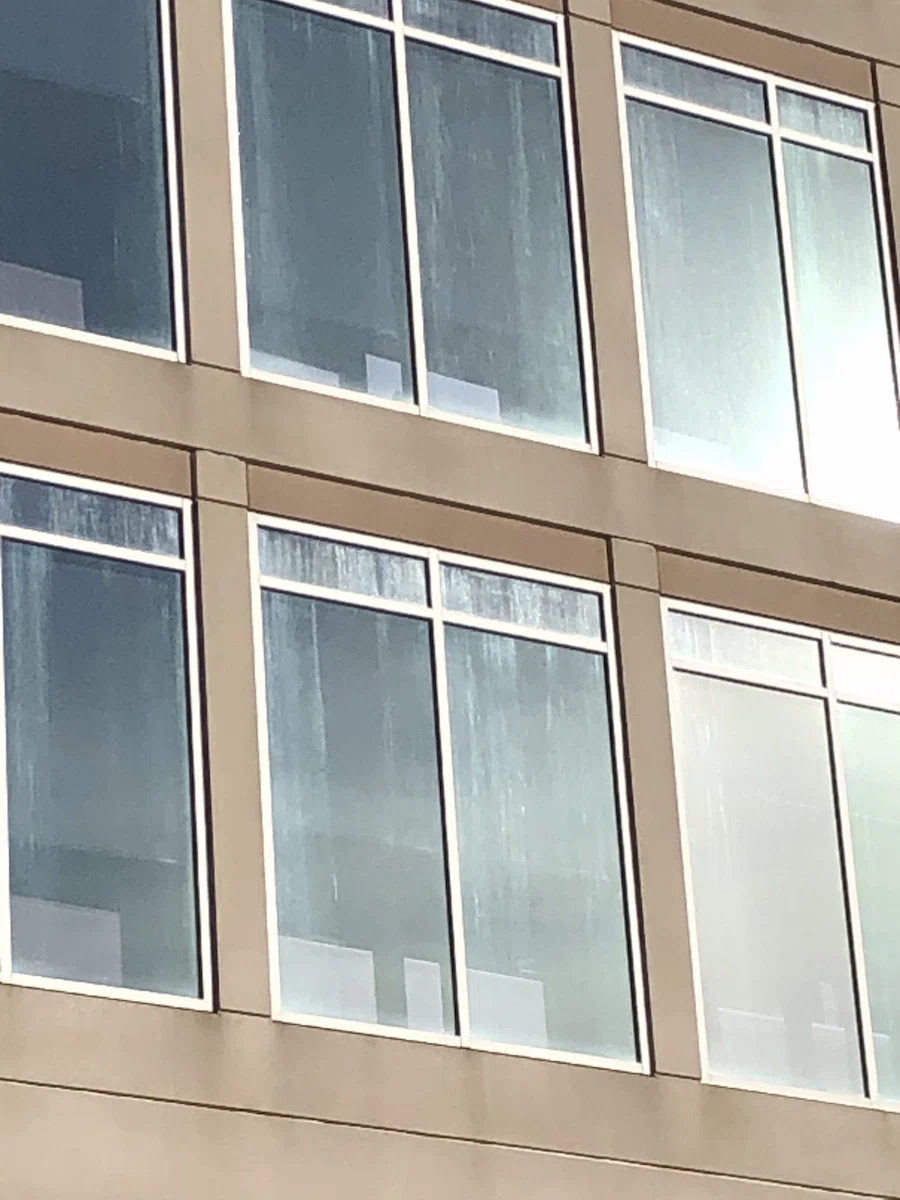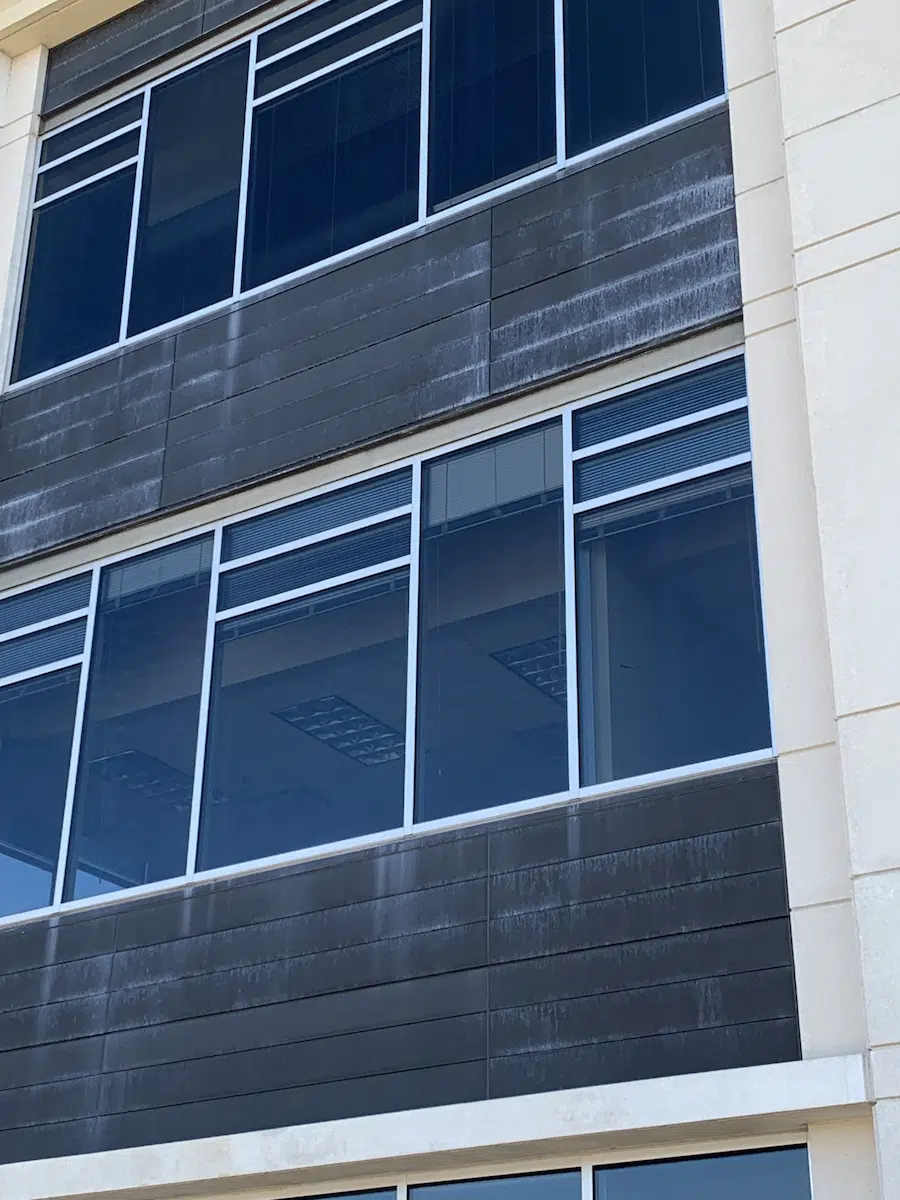A beautiful facade plays an instrumental role in attracting profitable tenants and customers.
That makes enhancing asset value a top priority when it comes to maintenance and restoration. A proactive approach means problems are corrected early, while they’re much easier and less expensive to fix.
Building managers must also take into account the specific building style and construction materials when planning maintenance. Cleaning and restoration approaches should be customized for best results. Other key considerations include the potential cost savings of restoring architectural surfaces instead of replacing them, and continuing interest in sustainability.
Enhancing Asset Value
Preventive maintenance contributes to facade value in a number of ways, from enhancing visual appeal to meeting health and safety requirements. This, in turn, increases market value for prospective buyers and tenants.
The age of your building is a key factor in determining maintenance requirements. The quality of construction materials also influences how well your facade stands up to everyday wear and tear. Your geographic location affects the amount of damage done by extreme temperatures, precipitation and ultraviolet radiation. Finally, you’ll need to consider how atmospheric salts and other pollutants interact with building materials, as they are major contributors to corrosion.
Although day-to-day cleaning is useful, along with prompt removal of spills and smudges, regular professional maintenance may uncover problems that would otherwise go undetected. Using advanced cleaning and refinishing techniques, trained refinishers have the capability to remove more severe staining, scratches and other damage. Finally, the application of high-performance, or PVDF, coatings can extend the life of facade materials and facilitate easier cleaning.
Popular Styles & Materials
Because no two buildings are alike, facade maintenance should be customized to match the unique characteristics of each facility. Qualified refinishers will know how to select the appropriate products and techniques to achieve the best results.
For example, buildings that follow a modern, industrial style are often characterized by masonry exteriors such as stone, brick or limestone. Professional cleaning removes stains and discoloration, while a protective sealer guards against moisture intrusion.
Glass curtain walls are popular for their weather resistance and abundant natural light during the work day. They are also lightweight because they are non-load bearing. Components should be periodically inspected for breaks or other damage that could allow air or water to penetrate. Refinishing is useful for getting rid of etching, scratches and hard water staining to keep the glass looking its best.
Anodized aluminum is commonly used for window frames or panels on store fronts and office buildings. Regular maintenance includes cleaning to remove surface contaminants. A protective clear coating protects against stains and scratches and helps the aluminum to retain a clean, professional appearance.
Restoration versus Replacement

When an aging commercial building is clearly past its useful life, in some cases the best option is to demolish it and build a new property in its place. However, in many instances restoration offers a more economical alternative. Rather than hiring a wrecking crew, professional refinishers can often bring new life to the asset just by removing stubborn stains and scratches.
Historic preservation is another area of interest for many architects and building managers. The U.S. Department of Interior determines eligibility for structures that are 50 years or older. With the number of qualifying buildings set to increase over the course of this decade, architectural restoration will play a major role in maintaining the value of these structures well into the future. At MASS, our professionals have extensive experience working with a range of different building materials that are commonly found in older facilities.
Sustainability
From the choice of construction materials to cleaning products, building managers are going green. Sustainability isn’t just good for the environment, it’s also good business.
For example, glass facades provide abundant natural lighting and contribute to heat resistance, which may lower utility bills. Quality masonry, including brick or stone, will last for years and can also reduce energy consumption.
At MASS, our team includes LEED-certified professionals who have helped numerous clients achieve LEED status. Whenever feasible, we choose low-VOC products and sustainable methods for our cleaning and refinishing projects.
At Mid America Specialty Services, our professional facade refinishers provide innovative maintenance solutions for a variety of architectural materials including masonry, glass, metal and wood. We have served clients across a range of industries and geographic locations.
If you’d like to speak to one of our experts, call us at 800-544-4576 or contact us online at any time.
